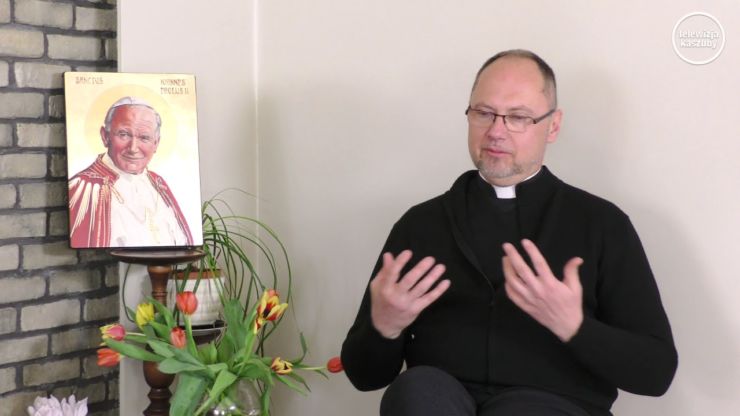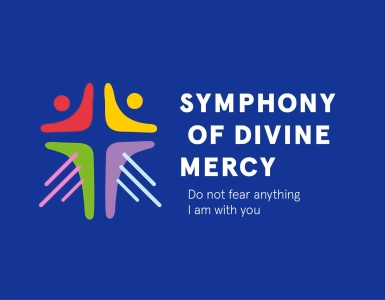There is nothing in the Vatican archives that could attribute to John Paul II even a shadow of guilt. Pope Wojtyla did not hide any pedophile – said the postulator of his canonization process, Monsignor Sławomir Oder. He is currently the vicar of the court of the Ordinary Tribunal of the Roman Diocese and also postulator of the canonization process of Karol Wojtyła’s parents: Emilia née Kaczorowski and Karol Wojtyła. He met with journalists as part of video conferencing.
Monsignor Oder emphasized that during the canonization process of John Paul II, which lasted almost six years, a detailed search was carried out in the Vatican archives in relation to the cases of minors being abused by clergy during his pontificate. He said that the legal norms in force at the time were taken into account and added: “I can assure you that there has not appeared any element that could attribute a shadow of guilt to John Paul II.”
He quoted the words spoken by Pope Francis during an interview with the Mexican station Televisa, when the current pope pointed out that there is nothing that could diminish the greatness of the figure of John Paul II. “We did not find anything that would hamper his path to canonization,” said the Holy Father Francis.
Ks. Oder assured that if John Paul II knew about these crimes, he would not agree to hide them. The postulator of the canonization process of John Paul II also drew attention to the attitude of the Holy Father in the face of the assassination of him on May 13, 1981, when his heroic suffering and ability to forgive could be clearly seen. He noted that the Italian authorities are convinced that the secret services hid the secret services of Eastern European regimes, and that the Bulgarian and East German services played a special role. He pointed out that John Paul II read this event in terms of faith, linking it with the secret of Fatima, and on the other hand showed his ability to forgive and mercy, visiting Ali Ağca in prison, accepting his mother, and also taking an apostolic trip to Bulgaria to show it nation your love.
Ks. Oder also emphasized the contribution of John Paul II to interreligious dialogue, which was particularly reflected in the meeting with leaders of other religions in Assisi on October 27, 1986.”In the cultural and church situation of that time, his initiatives certainly aroused interest and enthusiasm, but in some circles also some reservations” – he emphasized. He reminded that Karol Wojtyła grew up in the climate of dialogue and tolerance, and one of his closest friends was a Jew. ” Wadowice was a meeting ground for cultures, languages and religions, where diversity was not a problem, but a chance to look at it from a different perspective. When he entered the Holy See, he was already enriched with this experience, “said a Polish priest working in the diocese of Rome. at that time, Karol Wojtyła, the bishop of Kraków, was already undertaking dialogue initiatives with representatives of other religions. “He was an open-minded man, although he was also aware of his identity. This vision of interreligious dialogue and ecumenical involvement has always accompanied him “- said Msgr. Oder. He also reminded that” if there is a possibility of meeting between different religions today, it is also the fruit of travel, in which John Paul II marked very important stages. “
The postulator of the canonization process of John Paul II emphasized that this style of dialogue was also characteristic of the Holy Father’s daily work from the first moments of his pontificate, which invited philosophers, politicians, people of the Church to help him make decisions and perceive the problems of the modern world. He was also particularly sensitive to the needs of the poorest. He pointed out one event that took place during one of his apostolic trips to Brazil, when he met a very poor elderly woman in the favela. John Paul II approached her, talked to her, understood that he had nothing and gave her the Fisherman’s Ring. Monsignor Oder also drew attention to the Magisterium of John Paul II, including the Catechism, which was the last act of the Second Vatican Council and the starting point for the post-Conciliar pilgrimage of the Church. He added that the social teaching of Pope Francis is a continuation of the social magisterium of the Polish Pope. “They both personally experienced poverty in their home countries and this fact has made their hearts sensitive to this dimension. The social teaching of the Church is for them both a tool for converting the human heart “- emphasized Msgr. Sławomir Oder.





